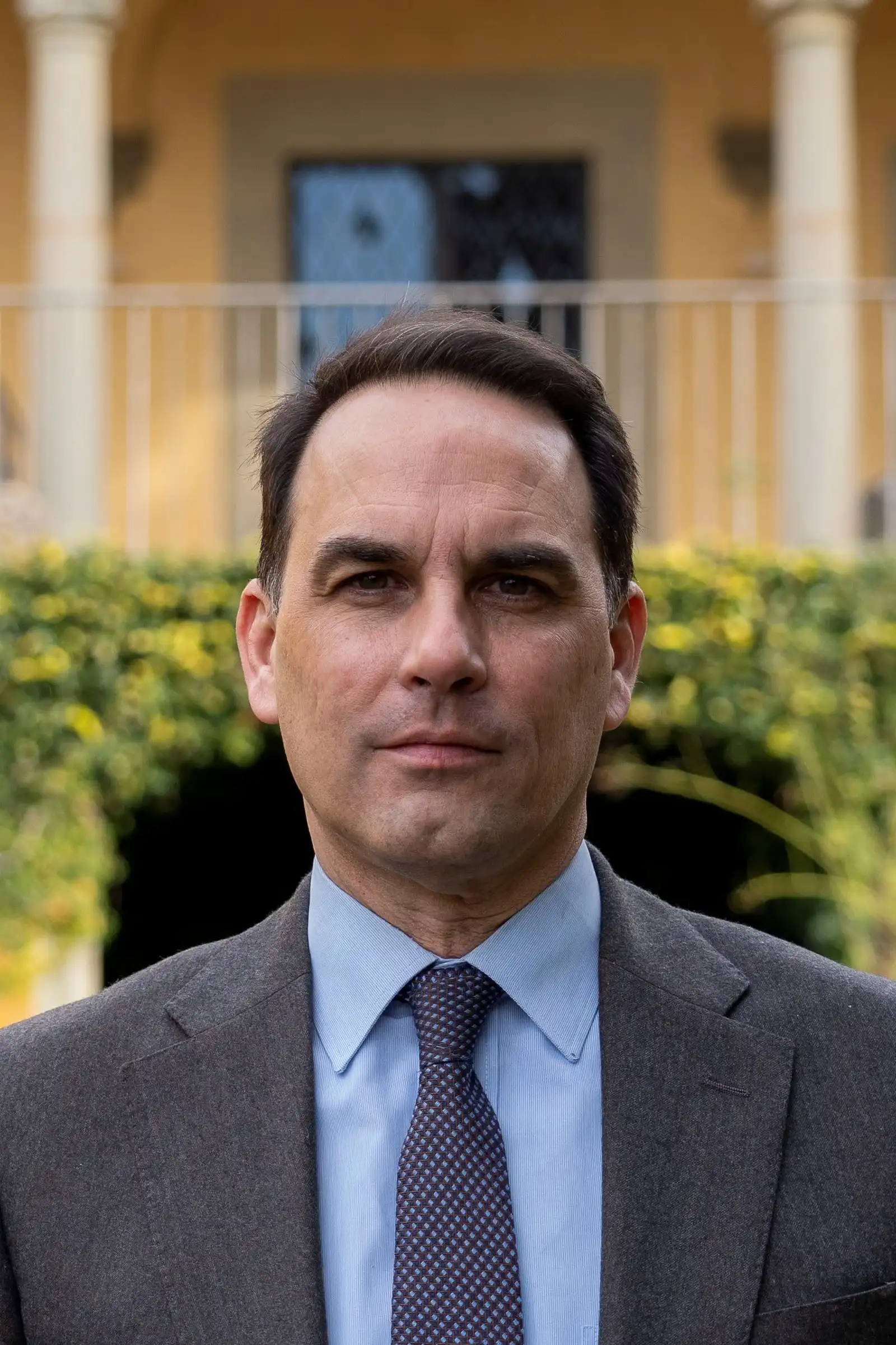Accueil>[Séminaire général du CEE] The Evolution of the Territoriality of Global Cleavages
29.04.2025
[Séminaire général du CEE] The Evolution of the Territoriality of Global Cleavages
À propos de cet événement
Le 29 avril 2025 de 12:30 à 14:00
In a macro-historical perspective, that talk examines the territorial and functional cleavages that have been structuring world politics since the 19th century. It theoretically and empirically extends cleavage approaches used at the national and European levels to global regional oppositions – core−periphery, North−South and civilizational cleavages – and transnational class, gender and generational alignments. Exit–voice models of social closure, boundary building and centre formation are used to understand the politicization of global inequalities. The replacement of territorial divisions with functional cleavages that cut across world regions facilitates the emergence of transnational dimensions of contestation, along which cross-regional membership groups organize and build bonds of solidarity. This approach allows conceptualizing supra-national integration in mass politics, rather than technocratic, terms. The talk presents empirical measures of the territoriality−functionality continuum of global cleavages, which reveal a long-term trend of de-territorialization over the past 180 years.
Speaker
Daniele Caramani, University of Zurich
Daniele Caramani is professor of Comparative Politics at the University of Zurich and part-time Ernst B. Haas Chair of European Governance and Politics at the European University Institute in Florence where he directs an ERC Advance Grant project on "Global Cleavages". The project follows previous studies of territorial and functional cleavages at the national and European level, which were published in two books on The Nationalization of Politics (CUP 2004) and The Europeanization of Politics (CUP 2015). His work includes topics such as representation, electoral systems, state formation and nation-building, technocracy and populism among others. His approach is comparative and historical macro-sociological and regularly publishes in the major scientific journals. He is the editor of the textbook Comparative Politics (OUP 2023, sixth edition).

